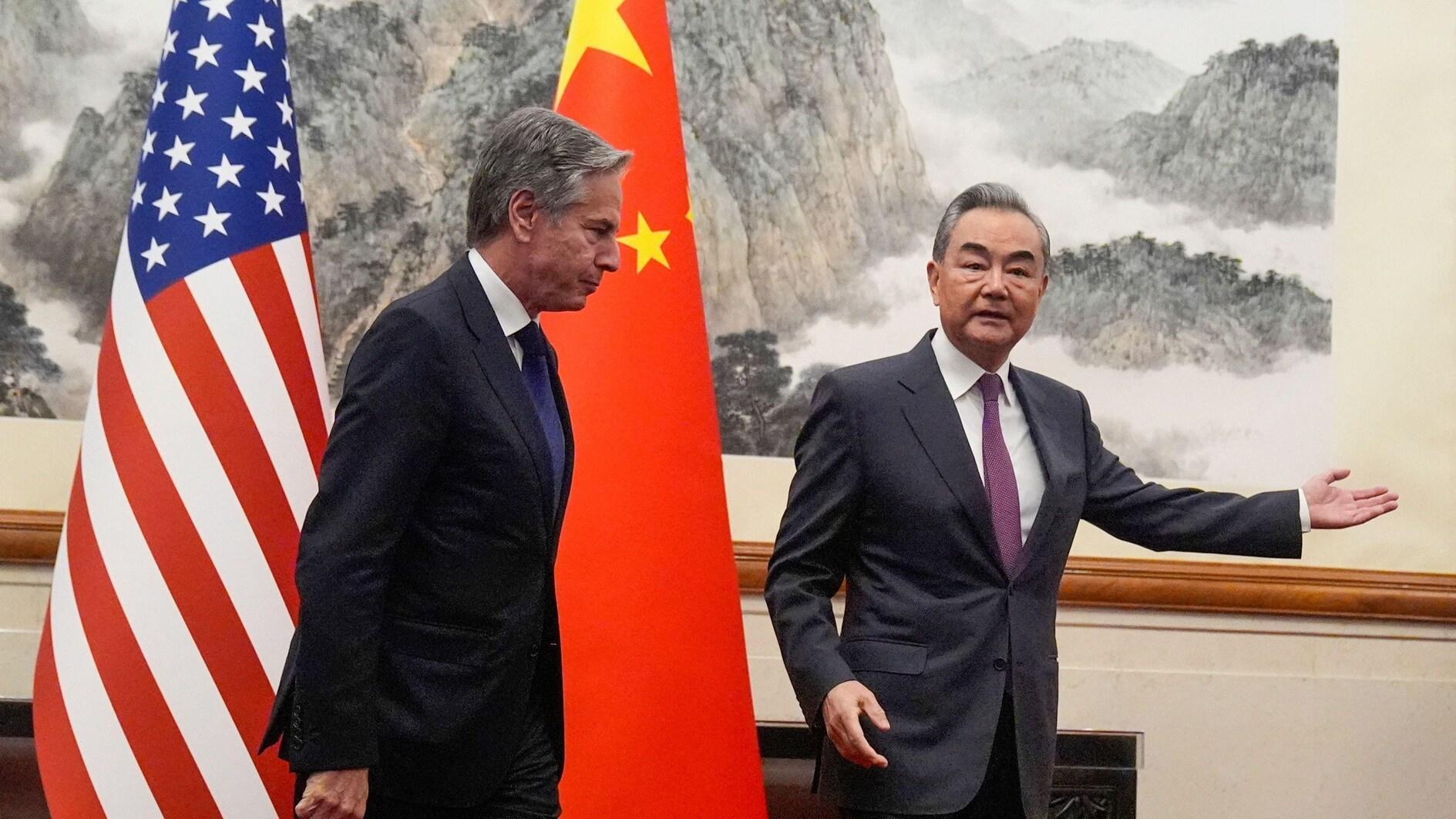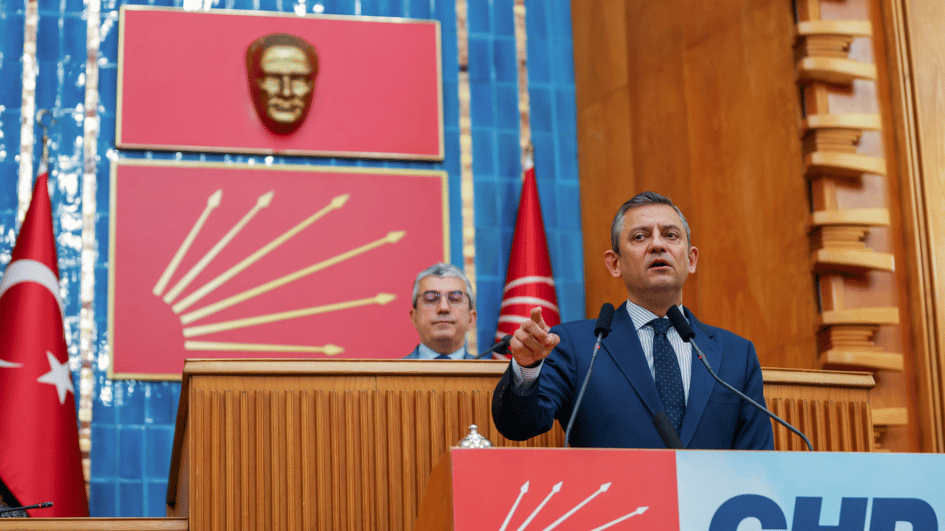Ankara’s dilemmas in Syria and Iraq
Statements from Ankara regarding developments in Syria suggest that things are moving in a direction that Turkey wants. Take the operation against al-Bab in northern Syria for example. The head of the military recently announced that it has been completed and the Islamic State of Iraq and the Levant (ISIL) has been defeated.
Meanwhile, President Recep Tayyip Erdoğan – as “Commander in Chief” - has listed Turkey’s new targets after Al-Bab as Manbij and Raqqa. The Turkish media, including the mass circulation dailies, can be seen falling into line with the government on this.
However, if we3 look at the foreign media, the picture gets more complicated. For one thing, the “sweeping up operation” in al-Bab, announced by the authorities could, if we are to go by what even some Turkish analysts are saying, turn out to be the bloodiest phase of Turkey’s Euphrates Shield military operation in Syria.
Retired Ambassador Ünal Çeviköz pointed out in a recent article for Hürriyet that the door-to-door fighting phase of this phase could produce the highest death toll to date in this operation.
Meanwhile, Erdoğan’s statements are raising more questions than answers. If the next target of Euphrates Shield is Manbij, does this mean Turkey is preparing to go to war against the U.S.-supported Syrian Kurds holding the town under the banner of the Syrian Democratic Forces (SDF)?
The pro-government media is suggesting that Ankara is moving towards some kind of arrangement with the U.S. on Manbij and the ISIL stronghold of Raqqa, which excludes the Kurds.
Hürriyet Daily News Editor-in-Chief Murat Yetkin, reporting from the Munich Security Summit, suggests, however, that hopes should not be raised too high in this respect. He recalled in his Feb. 20 column, for example, that there is little sympathy for Turkey in the U.S. Central Command, which oversees operations in Iraq and Syria, because of the Turkish Parliament’s refusal to let U.S. forces use Turkey as a springboard against Iraq in 2003.
Yetkin is not the only one to suggest that the U.S. will not dump fighters from the Kurdish People’s Protection Units (YPG) simply to please Ankara, given its doubts about Turkey’s reliability. He also points out that “a nightmare scenario for Ankara” would be for both the U.S. and Russia decide to work with the Democratic Union Party (PYD), the YPG’s political wing.
The problem for Turkey, however, is that the U.S. and Russia are already doing so. Both superpowers have not only cooperated militarily with the YPG, but agree that the PYD must be represented in negotiations for the future of Syria. Russian Foreign Minister Sergey Lavrov has even come out to say Moscow is mediating between the Kurds and the Bashar al-Assad regime.
In other words, what actually transpires in the field and the spin being given to developments in Syria and Iraq by Ankara often seem to be at odds. For example, Erdoğan was adamant in October that Turkey would take part in the Iraqi operation to liberate Mosul from ISIL, as well as negotiations for the future of the city. In retrospect we see that things did not work out that way.
In a similar fashion, developments in Syria and Iraq continue to defy Ankara, despite the hardline positions it has taken on a number of issues, putting it at odds with the U.S. and Russia.
Its reliance on Russia has been undermined by Moscow’s plans for Syria, as well as the recent “friendly fire” incident in which a Russian jet - ostensibly by mistake - killed three Turkish soldiers near al-Bab.
It is also not clear how much headway Ankara has made with the U.S. with regard to what it wants in Syria and Iraq, despite its positive expectations from the Trump administration.
As Yetkin argued, “Turkish concerns do not seem to have much priority on Trump’s agenda nowadays.”
Still, Erdoğan’s main advantage is not on the field, but rather at home, where he enjoys the support of a large segment of the population that questions none of these challenges and contradictions.











